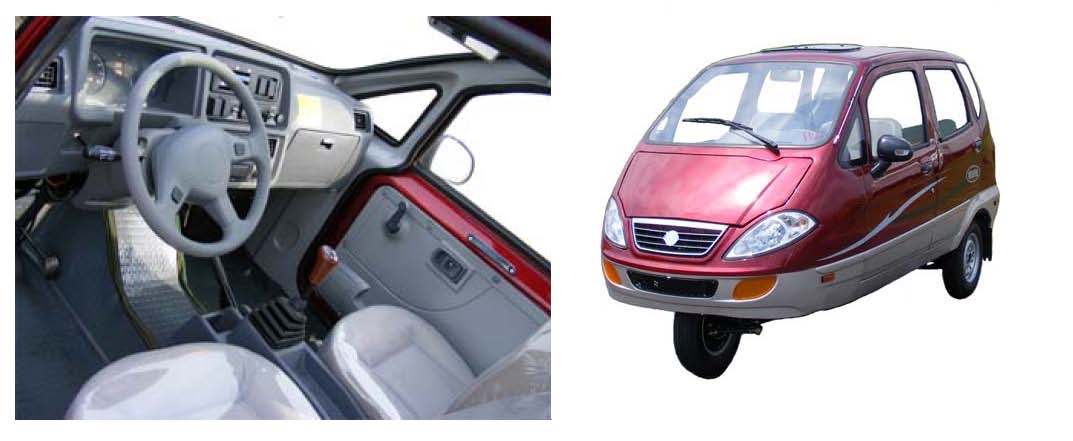Reprinted from The Safety Record, V5, I5
WASHINGTON, D.C. – Three years after proposing to close the flagrant loopholes in the Designated Seating Position rule, NHTSA has published a Final Rule that tweaks its initial proposal, but fails to address its core weakness – the lack of underlying data to support the change.
The Final Rule, published on October 8, attempts to prevent manufacturers from offering extra rear seating while skirting the requirement for a seat belt in each designated seating position. For years, manufacturers of vehicles with generous rear bench seats equipped with only two three-point belts hung their hats on four words in the current rule’s definition of a designated seating position: “likely to be used.” This allowed automakers to pretend that only two positions in the rear seat were likely to be used, even as consumers were clearly occupying three positions. Continue reading
